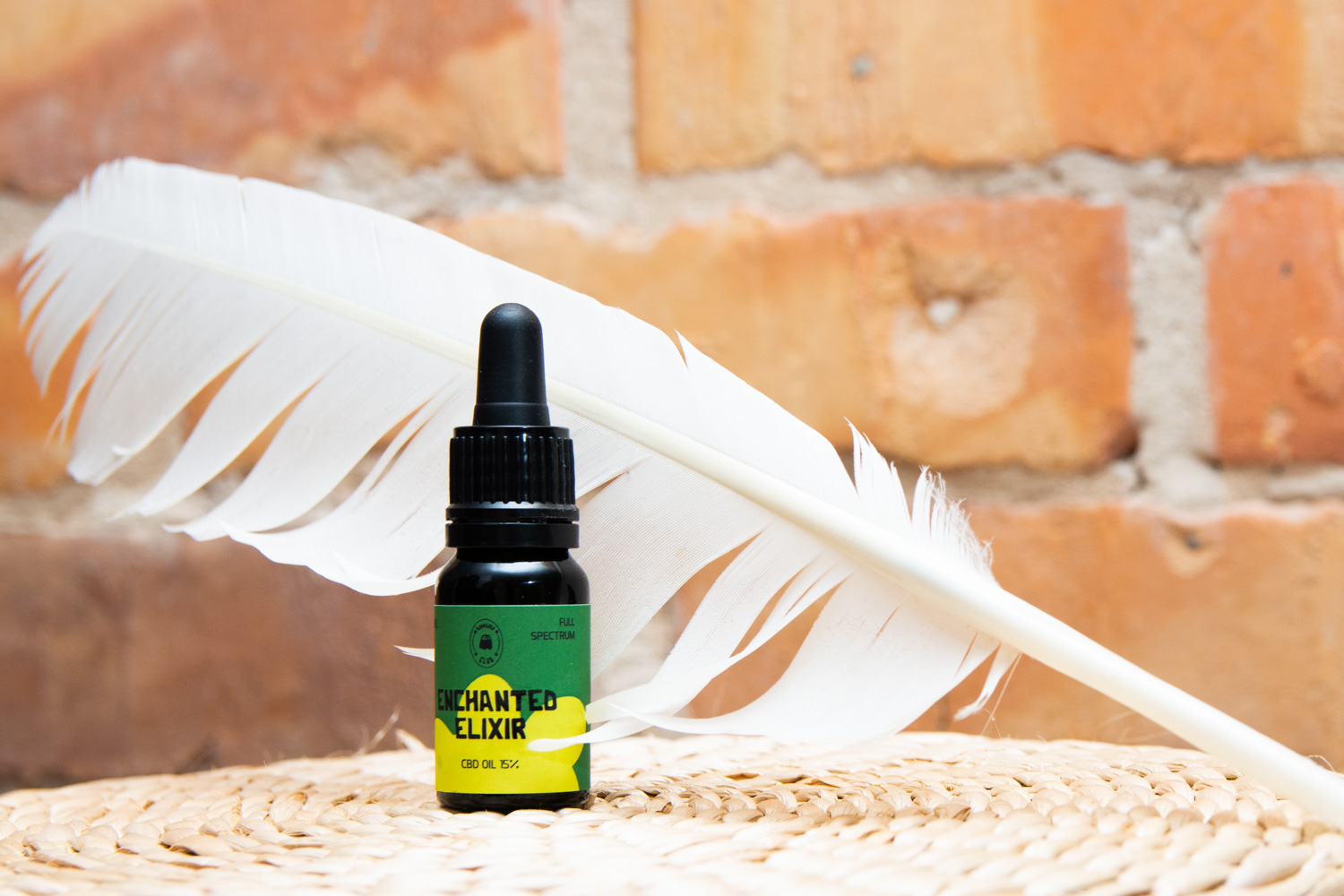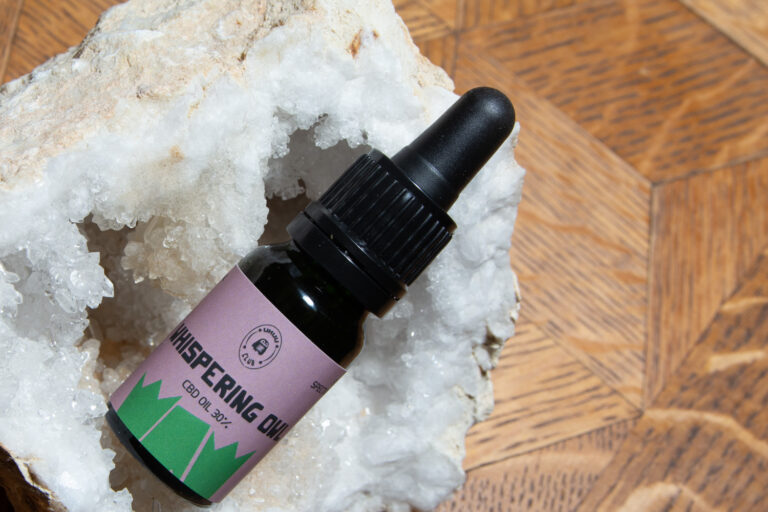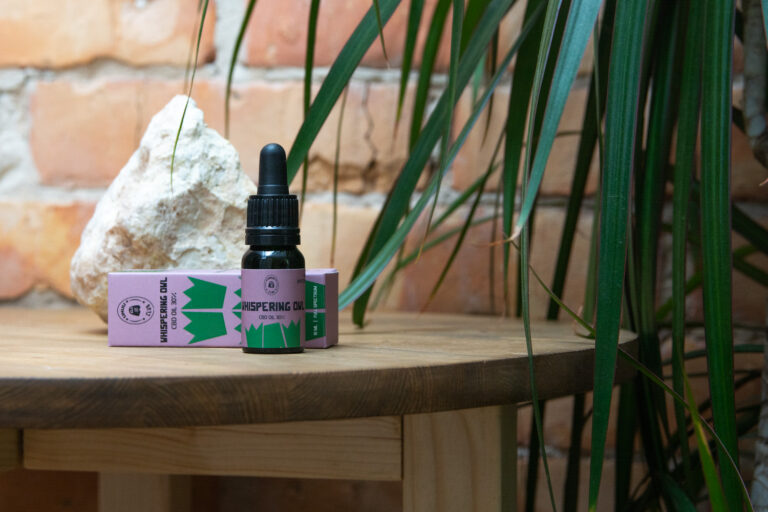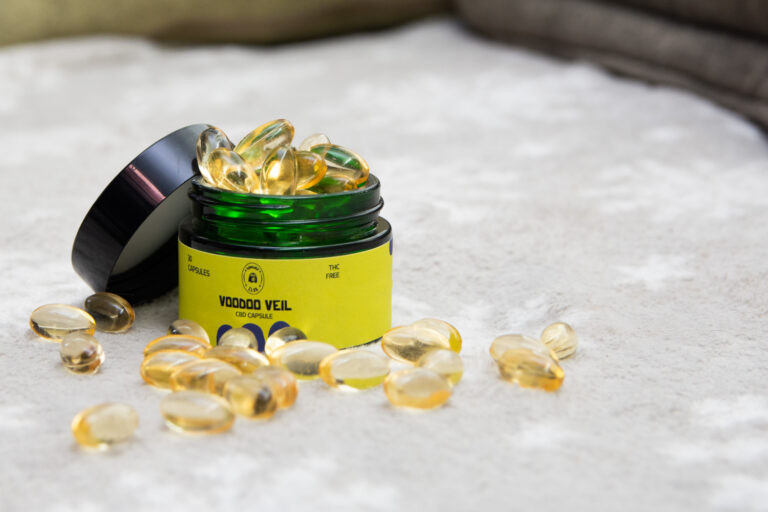Introduction
Can CBD Cause Addiction? Wondering whether CBD can cause addiction?
Huvi kannabidiooli (CBD) vastu – Cannabis sativa taime mittejoovastava ühendi vastu – on viimasel ajal jõudsalt kasvanud. Tarbijad tahavad kinnitust, et CBD ei tekita sõltuvust ega võõrutusnähte, pakkudes samas tõelist kasu. See artikkel annab teaduspõhise ülevaate CBD sõltuvuspotentsiaalist, väljatoodud eelistest ja tulevikusuundadest – ilma toodete soovituste või juhtumiuuringuteta.
1. What Exactly Is CBD and How Does It Work?
Cannabidiol (CBD) is a naturally occurring, non‑intoxicating compound extracted from the Cannabis sativa plant. It is also one of the few non‑addictive cannabinoids identified so far.
CBD interacts mainly with the body’s endocannabinoid system (ECS), a network of CB1 and CB2 receptors that modulate mood, pain, and immune responses. Unlike THC—which binds directly to CB1 receptors in brain reward circuits—CBD acts indirectly, gently modulating receptor activity and influencing serotonin and adenosine pathways. This distinct pharmacology underpins both CBD’s therapeutic promise and its low potential for abuse.
2. Evaluating Whether CBD Can Cause Addiction
2.1 Human Abuse‑Liability Studies
The gold‑standard way to assess addiction risk is a randomized, double‑blind human abuse‑potential study. In one such 7‑way crossover trial, healthy volunteers received high oral doses of CBD (up to 1,500 mg) alongside placebo and the anxiolytic alprazolam as an active control. CBD produced no euphoria, craving, or withdrawal markers compared with placebo, whereas alprazolam showed clear abuse signals (Schoedel jt 2018, Cannabidiol (CBD): Abuse and Physical Dependence Potential [https://www.sciencedirect.com/science/article/pii/B9780323898621000155]).
2.2 The World Health Organization’s Verdict
After reviewing animal, human, and epidemiological data, the World Health Organization (WHO) Expert Committee on Drug Dependence concluded in 2017 that “CBD does not appear to have abuse potential or cause harm in its pure state.” (WHO Q&A: Cannabidiol, compound of cannabis [https://www.who.int/news-room/questions-and-answers/item/cannabidiol-%28compound-of-cannabis%29]). A 2018 critical review echoed this stance, finding no evidence of dependence or public‑health problems associated with CBD (WHO, “Cannabidiol (CBD) Critical Review Report” [https://cdn.who.int/media/docs/default-source/controlled-substances/whocbdreportmay2018-2.pdf]).
2.3 Findings from Preclinical Models
Animal studies support the human data. Rodents fail to self‑administer CBD and do not show conditioned place preference—the classic markers of an addictive substance (WHO, 2018 report). Moreover, CBD can reduce drug‑seeking in models of opioid and cocaine addiction, hinting at anti‑craving properties.
Bottom line: Across preclinical, human laboratory, and epidemiological evidence, CBD demonstrates minimal CBD dependence risk and shows no withdrawal when used without THC.
3. Documented Positive Qualities of CBD
- Anxiety relief: Randomized trials using 300–600 mg doses have shown reduced public‑speaking anxiety and lower amygdala reactivity (Journal of Cannabis Research, 2024 [https://jcannabisresearch.biomedcentral.com/articles/10.1186/s42238-024-00222-2]).
- Antiepileptic action: Clinical studies with highly purified CBD have shown reduced seizure frequency in certain treatment‑resistant epilepsies (WHO review 2018 [https://cdn.who.int/media/docs/default-source/controlled-substances/whocbdreportmay2018-2.pdf]).
- Anti‑inflammatory and analgesic effects: Systematic reviews cite modulation of cytokines and TRPV1 channels with early evidence in chronic‑pain cohorts (AHRQ living review 2023 [https://effectivehealthcare.ahrq.gov/sites/default/files/related_files/cer-250-cannabis-executive-summary-2023-update.pdf]).
- Neuroprotection: Antioxidant and anti‑excitotoxic properties observed in models of Parkinson’s and Alzheimer’s disease (Applied Biological Chemistry, 2024 [https://applbiolchem.springeropen.com/articles/10.1186/s13765-024-00867-w]).
4. Future Prospects for CBD Research
- Precision formulations: Researchers are exploring nano‑emulsions and transdermal patches that enhance bioavailability while maintaining 0 % THC compliance.
- Mental‑health trials: Phase II studies are underway testing CBD for generalized anxiety disorder and post‑traumatic stress, leveraging its serotonergic actions.
- Synergy with conventional drugs: Early data suggest CBD may potentiate analgesics or reduce required opioid doses—prompting combination‑therapy investigations (BMJ umbrella review 2023 [https://www.bmj.com/content/382/bmj-2022-072348]).
Regulatory clarity: International bodies now distinguish pure CBD from cannabis extracts containing THC, paving the way for harmonized quality standards and clearer labeling—crucial where THC remains illegal.
5. Key Takeaways
- No compelling evidence of addiction: Multiple human and animal studies, plus WHO assessments, find negligible abuse or dependence potential for pure CBD—in short, the evidence shows that CBD can’t cause addiction.
- CBD shows promise but isn’t a magic fix: CBD shows anxiolytic, anti‑inflammatory, neuroprotective and anticonvulsant properties, yet optimal dosing and indications remain under exploration.
- THC‑free compliance matters: In jurisdictions where THC is illegal, consumers should verify certificates of analysis confirming 0 % THC to stay within the law.
- Looking for plant‑rich extracts? Everyday users can opt for a lab‑tested full‑spectrum CBD that clearly lists its THC level and independent lab results.
- Research momentum is strong: Next‑generation delivery systems and high‑quality clinical trials will clarify CBD’s full therapeutic scope over the coming decade.
Practical Conclusion – “Less Is More”
When assessing any natural compound, clarity and moderation trump hype. Stick to products that provide transparent third‑party testing, favor evidence over anecdotes, and monitor ongoing scientific updates. As the body of research expands, so will our understanding of how to harness CBD’s benefits responsibly—without the shadow of addiction.
Frequently Asked Questions (FAQ)
Can CBD Cause Addiction?
Current evidence shows that pure CBD is not addictive and does not produce withdrawal symptoms when used without THC.
Can CBD show up on a drug test?
Pure CBD itself is not typically screened for, but trace THC in some products can trigger a positive cannabinoid result. Always verify third‑party lab reports that confirm 0 % THC.
How much CBD should a beginner start with?
Studies vary, but many beginners start around 10–25 mg per day and adjust slowly. Consult a healthcare professional for personalised guidance.
Are there side‑effects to CBD?
Most reported effects are mild—fatigue, dry mouth and appetite changes. High doses may interact with certain medications; monitor how you feel and speak with your doctor if unsure.
Is CBD safe for professional athletes?
Pure CBD itself is permitted by WADA, but any trace of THC above 150 ng/mL of THC‑COOH metabolite in a urine sample triggers a positive test. To minimise risk, athletes should choose lab‑verified “0 % THC” isolates, retain the certificate of analysis for each batch, and avoid full‑spectrum products that may contain trace THC.






